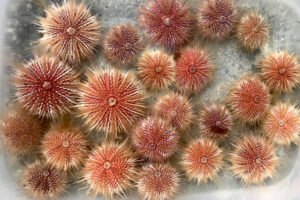
Study: Increased rainfall from climate change threatens UK sea urchins
A new study finds that sea urchins deteriorated physically when immersed in less salty water – a risk that could occur with climate change.
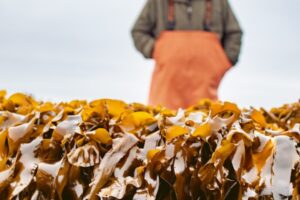
Maine seaweed-farming network harvests a record 1.3 million pounds in 2024
Atlantic Sea Farms harvests a record 1.3 million pounds of farmed seaweed in 2024, experiencing "tremendous expansion."
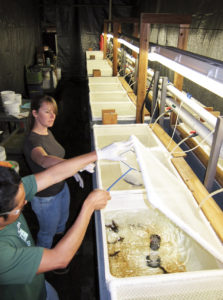
Saturated fatty acid-rich soybean oil spares fish oil in sea bass feed
Fish oil sparing has proven difficult for fish species, like sea bass, that require the long-chain polyunsaturated fatty acids (LC-PUFAs) abundant in fish oil but lacking in most alternative fats and oils used in aquafeeds.
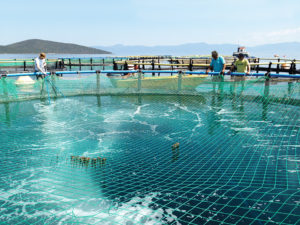
Diffused-air system improves oxygen levels in sea cage culture
Traditional sea cage culture typically relies on natural water exchange to replace oxygen consumed by fish, which may not provide sufficient oxygen – especially during seasonal periods of high temperature.
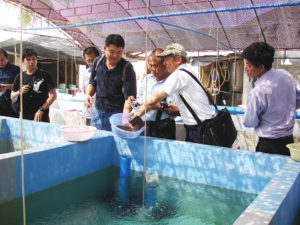
ASAIM addresses challenges to growth of marine fish farming in Southeast Asia
In its efforts to advance sustainable aquaculture practices and the use of soy-based feeds in Southeast Asia, the American Soybean Association International Marketing Program (USAIM) has identified several challenges.
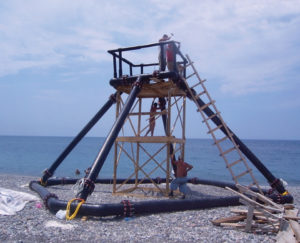
Small-scale, submersible fish cages suitable for developing economies
The low-cost, low-infrastructure nature of OCAT open-ocean cage systems allows fish farmers to move from protected bay and harbor sites to more exposed locations that offer better water quality.
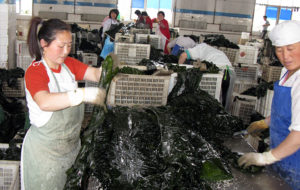
Turning to the sea: Can seaweed help us raise more food more efficiently?
Discussion of aquaculture development should consider trophic levels. Seaweed culture, for example, could possibly double plant food production by farming less than 1 percent of the ocean’s surface.
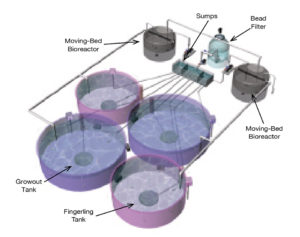
‘Boutique’ RAS for spotted sea trout
A boutique design project validated a land-based, recirculating production system capable of producing 50 metric tons of spotted sea trout per year.
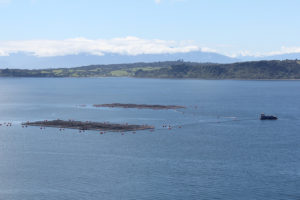
Global finfish production review and forecast: Nearly doubled in a decade
Farmed finfish production has more than doubled since 2005 to an expected 38 million metric tons in 2018; 2019 production is expected to remain at 38 million metric tons.
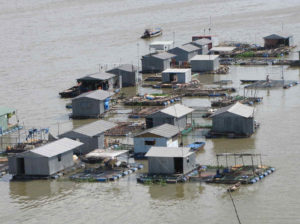
GOAL 2019: Global finfish production review and forecast
The Global Aquaculture Alliance’s annual GOAL production survey data shows that farmed marine finfish production increased 73 percent from 2009 to 2019.
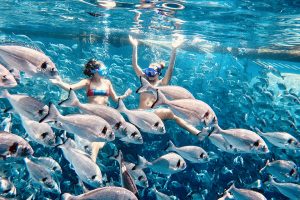
Aquaculture tourism: An unexpected synergy for the blue economy
Greece is embracing aquaculture tourism initiatives, leveraging sustainability and immersive experiences to enhance a thriving blue economy.
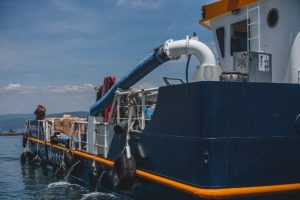
Greek aquaculture company installs humane fish stunner for sea bass, sea bream and pagrus
Installation of humane fish stunner from Ace Aquatec yields ‘transformative’ results for the Mediterranean aquaculture company, Philosofish.
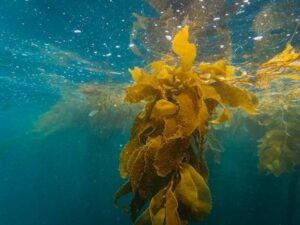
Seaweed farming collaboration a first for Scottish Sea Farms
Scottish Sea Farms is involved in a collaborative salmon and seaweed farming initiative in Loch Spelve to boost the marine environment.
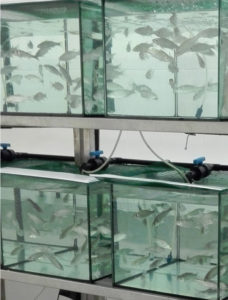
Prebiotics and their role in sustainable aquaculture
Results of a study to evaluate a commercial prebiotic on growth of European sea bass juveniles indicates this product can improve fish growth performance and allowing for the fish to reach the marketable size earlier, boosting their immune status, and reducing potential fish losses due to pathogens.
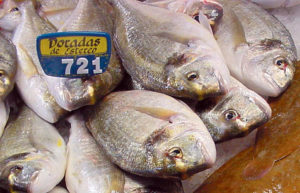
Supplemented feeds stimulate immune systems of gilthead sea bream
Gilthead seabream (Sparus aurata) is affected by winter disease, a complex syndrome that has been related to cold stress-induced immune suppression.
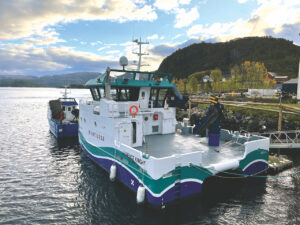
Scottish Sea Farms launches hybrid-power workboat to reduce carbon footprint
Scottish Sea Farms has added a hybrid power workboat to its fleet, which could cut fuel costs by up to 50 percent and reduce its overall carbon footprint.
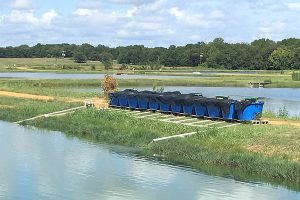
Can a low-cost salt mixture replace sea salts for low-salinity shrimp farming?
Use of a low-cost salt mixture can reduce overall production costs for indoor, low-salinity shrimp farming systems.
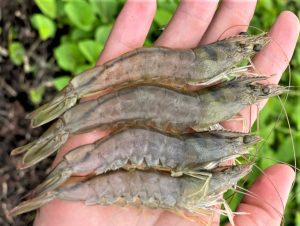
Alternative, low-cost artificial sea salt mixtures for intensive, indoor shrimp production
The LCS formulation reduces artificial sea salt cost significantly while having no significant impacts on shrimp production.
